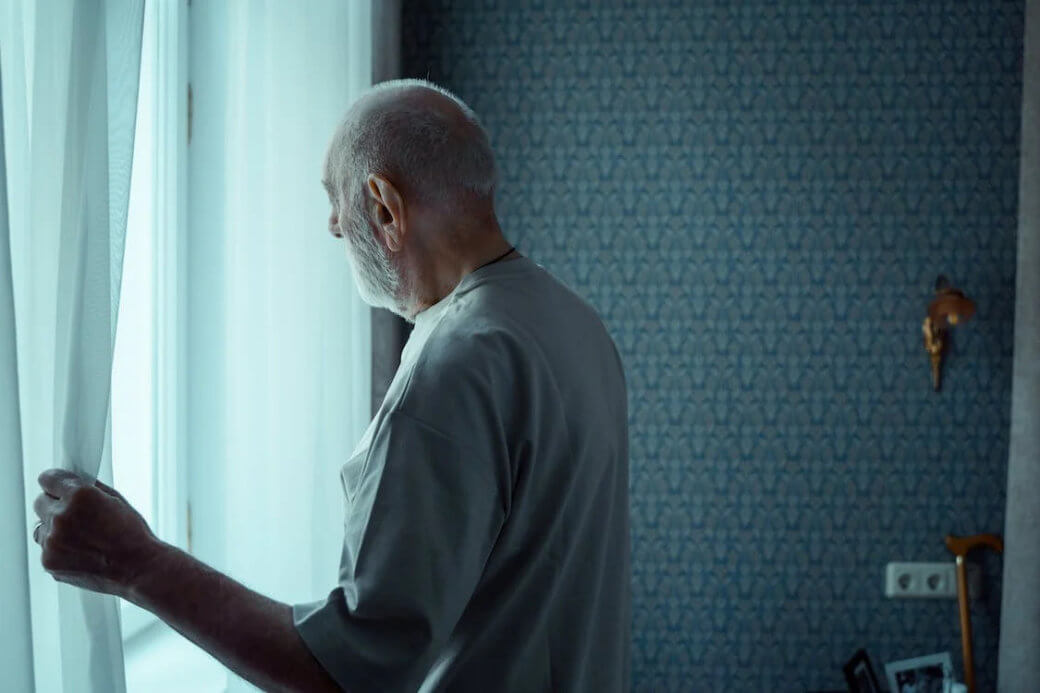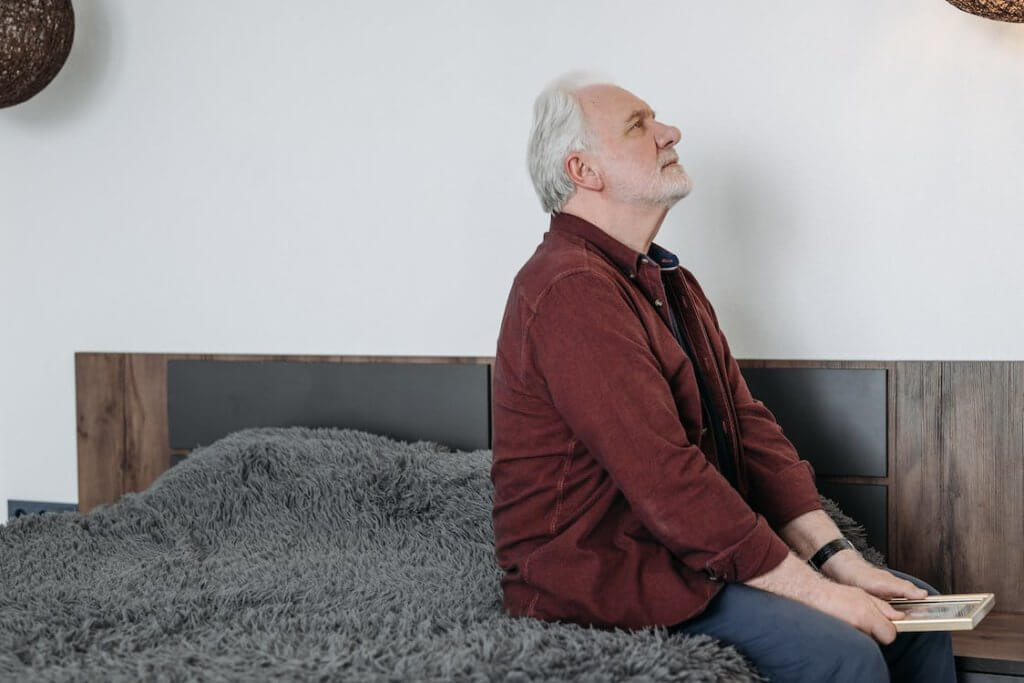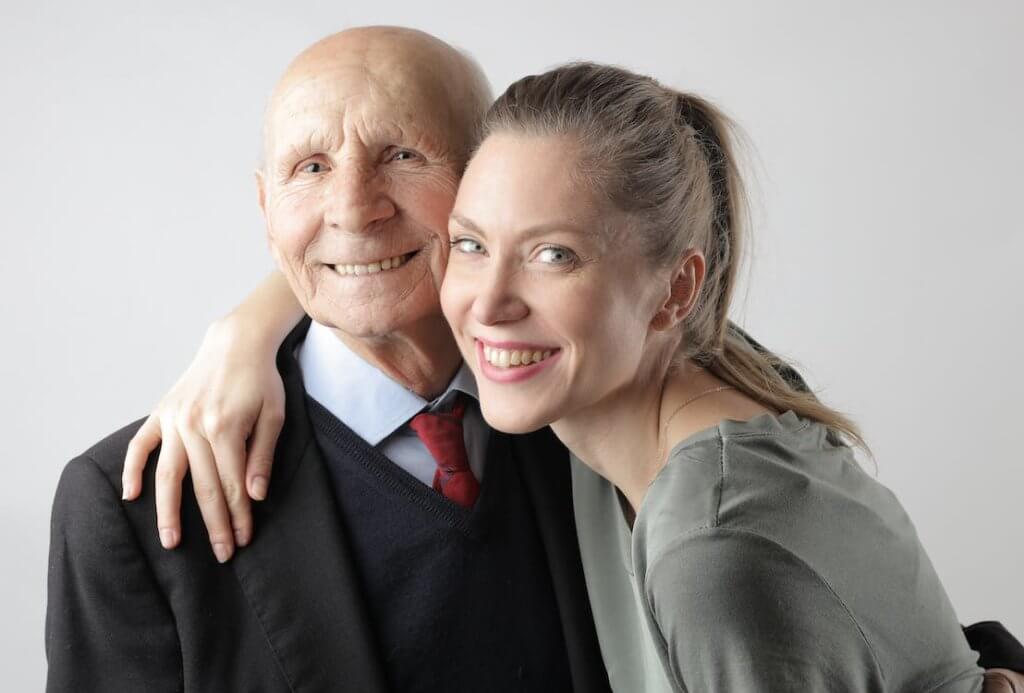The Emotional Transition: Coping with Loneliness and Depression in Retirement Communities

The Unseen Challenges of Retirement Life
The transition to a retirement community, although exciting, can also be fraught with emotional challenges. These communities offer wonderful opportunities to meet new people, engage in exciting activities, and simplify life by eliminating many day-to-day chores. However, such transitions can also be accompanied by feelings of loneliness, isolation, and, sometimes, depression.
Why Loneliness and Depression Surface
Adjusting to a new environment, especially when leaving a long-time home, can evoke feelings of grief or loss. At times, it might be about the absence of the familiar or the presence of unfamiliar faces that can trigger feelings of isolation. But the essence of the problem isn’t solely the change in environment; it’s the internal emotional transition that comes with it.
Shifting from Independence to Interdependence
One of the biggest shifts is moving from an independent lifestyle to an interdependent one. While retirement communities like The Chateaux Assisted Living by MD Senior Living offer high levels of independence, there’s also a shared community feeling. This shift, while beneficial, requires adjustment.

Addressing and Overcoming Emotional Challenges
Recognizing Loneliness and Depression
Before finding solutions, it’s vital to recognize the signs of loneliness and depression. Consistent feelings of sadness, lack of interest in activities, or reluctance to interact can be early signs. At The Chateaux Assisted Living, our trained staff are equipped to recognize these signs, ensuring residents receive timely support.
Emotional Well-being is as Crucial as Physical Health
It’s essential to understand that emotional health is as crucial as physical health. The two are interconnected, and neglecting one can have adverse effects on the other. Addressing emotional concerns head-on can lead to a happier, healthier retirement life.
Creating a Support System
Engaging in Social Activities
Retirement communities provide an abundance of social activities. From group exercises to hobby classes, there’s something for everyone. Participating in these activities can help form bonds with fellow residents, alleviating feelings of isolation.
Staying Connected with Family
Encourage regular visits from family members or set up virtual communication tools. At The Chateaux Assisted Living, we understand the importance of family connections and facilitate visits and virtual chats.
Counseling and Support Groups
Talking can be therapeutic. Engaging in one-on-one counseling or joining support groups can offer solace. Knowing others feel similarly can make the transition smoother.

The Role of Retirement Communities in Emotional Well-being
The Chateaux Assisted Living’s Approach
At The Chateaux Assisted Living by MD Senior Living, we believe in a holistic approach to well-being. Recognizing that every resident is unique, we prioritize individual emotional needs alongside physical care.
Personalized Activity Plans
Activities shouldn’t be one-size-fits-all. That’s why we offer personalized activity plans catering to individual interests and needs, ensuring residents feel engaged and connected.
Trained Staff to Recognize Emotional Needs
Our staff undergoes rigorous training, enabling them to identify signs of loneliness or depression early on. Their proactive approach ensures residents receive the care and attention they deserve.
Providing Resources and Tools
From books on emotional well-being to organized counseling sessions, we equip our residents with the resources they need to thrive emotionally.
Taking the First Step Towards Emotional Health
Recognize and Address
The first step in any journey is acknowledgment. If you or a loved one feels the emotional toll of transitioning to a retirement community, know that it’s natural, and you’re not alone.
Seek Professional Assistance
Never hesitate to seek help. At The Chateaux Assisted Living, our doors are always open for residents to discuss their feelings and get the necessary support.
Remember, It’s a Phase
Like all transitions in life, this, too, is a phase. With the right support and mindset, it’s possible to overcome feelings of loneliness and depression, paving the way for fulfilling golden years.
Building Bridges to Emotional Stability in Retirement Communities
Fostering Interpersonal Relationships
While the shift to a retirement community is significant, the importance of fostering interpersonal relationships cannot be overstated. Meeting neighbors, joining clubs, and attending social events can all serve as excellent avenues to create connections and build lasting friendships.

Initiating Conversations
Taking the first step to initiate conversations with fellow residents can go a long way. Sharing stories, experiences, and memories can create mutual understanding and bridge the gap between strangers.
Embracing Diversity
Retirement communities are melting pots of cultures, backgrounds, and experiences. Embracing this diversity and learning from fellow residents can not only alleviate loneliness but also enrich one’s life.
The Healing Power of Routine and Familiarity
Developing a Personal Routine
Having a personal routine can provide a sense of purpose and normalcy. Whether it’s waking up early for a morning walk, attending a yoga class, or simply reading a book every evening, routines can bring comfort.
Introducing Familiar Elements
Personalizing one’s living space with familiar items, like family photos or cherished knick-knacks, can make the environment feel more homely. The Chateaux Assisted Living encourages residents to decorate their spaces to mirror their personal tastes.
Participating in Familiar Activities
Engaging in activities that were loved before the transition can bring a sense of familiarity. Whether it’s gardening, painting, or playing an instrument, rekindling old passions can be therapeutic.

The Future of Emotional Wellness in Retirement Communities
Evolving Support Systems
Retirement communities, including The Chateaux Assisted Living by MD Senior Living, continuously evolve their systems to better support the emotional well-being of their residents. From introducing advanced counseling methodologies to utilizing technology for family connections, the emphasis on emotional health is ever-growing.
Technology as a Bridge
The rise of technology provides opportunities to combat feelings of isolation. Virtual reality tours, video calls, and online communities can help residents feel more connected to the outside world and their loved ones.
Feedback-driven Changes
Residents’ feedback plays a pivotal role in shaping the future of retirement communities. By listening to the concerns and suggestions of residents, facilities like The Chateaux Assisted Living continuously refine their offerings.
Empowerment Through Education
Understanding Emotions
One of the most powerful tools in combating loneliness and depression is understanding emotions. Retirement communities increasingly offer seminars and workshops that educate residents about their feelings, helping them navigate their emotional journey.
Workshops and Seminars
At The Chateaux Assisted Living, regular workshops help residents understand and express their feelings better. These sessions are often led by expert counselors and therapists, ensuring accurate and empathetic guidance.
Continuous Learning Opportunities
Learning never stops. Whether it’s a new hobby, a language, or a skill, continuous learning opportunities can divert the mind from feelings of loneliness and give a sense of purpose.
Final Thoughts
The transition to a retirement community, while challenging emotionally, is a journey that can be navigated successfully with the right tools and support. Loneliness and depression, though real concerns, can be managed and overcome with proactive measures, understanding, and a strong support system.
The Chateaux Assisted Living by MD Senior Living in Phoenix, Arizona, is committed to the emotional well-being of its residents. We stand by you, ready to guide, support, and ensure your golden years are filled with joy, purpose, and connection.
For a discussion or more information on how we can assist you, don’t hesitate to call us at 619-831-1112.






Leave a Comment